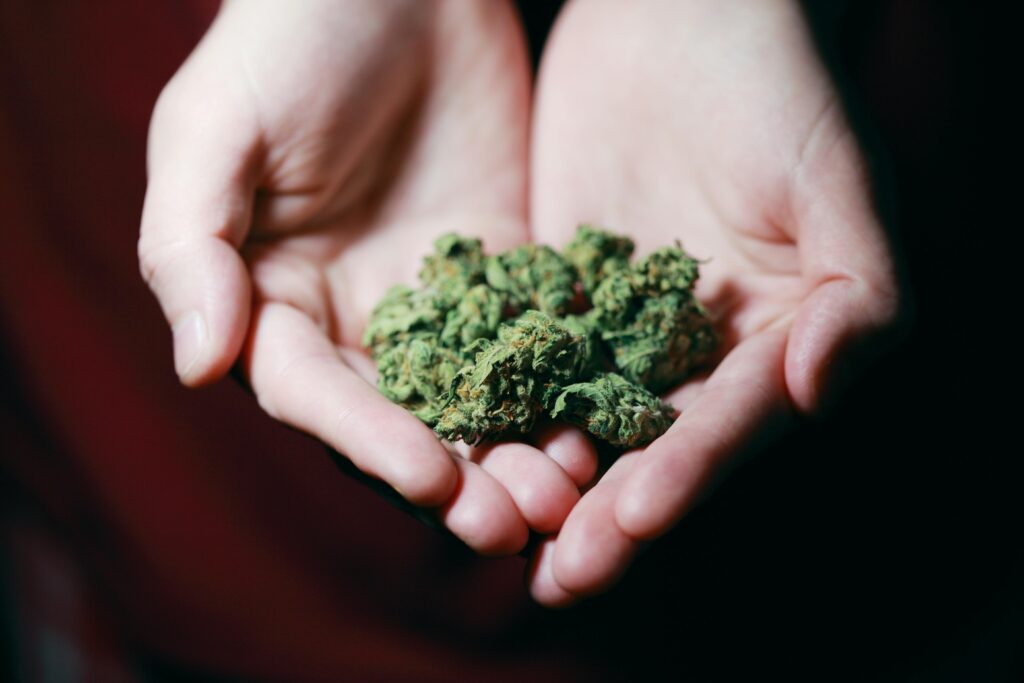Cannabis in Ananindeua: Laws, Availability, and Social Attitudes

Ananindeua, the second-largest city in Pará and part of the Belém metropolitan region, has a complex relationship with cannabis. Like the rest of Brazil, the city follows strict national drug laws, but weed remains widely available through informal markets. While medical cannabis is legal under specific regulations, recreational use is criminalized, creating legal risks for consumers on weed in Ananindeua.
Legal Status of Cannabis in Ananindeua
Brazil’s Law No. 11,343/2006 governs cannabis possession, use, and distribution across the country, including in Ananindeua on weed in Ananindeua:
- Personal use is illegal but decriminalized – Being caught with small amounts of cannabis does not result in jail time but can lead to community service, educational programs, or warnings.
- Trafficking is a serious crime – Selling or transporting cannabis carries prison sentences of 5 to 15 years, making distribution a high-risk activity.
- Medical cannabis is allowed with restrictions – Patients with severe conditions can obtain cannabis-based treatments with authorization from ANVISA (National Health Surveillance Agency). However, access remains bureaucratic and expensive.
A major issue in Ananindeua, as in the rest of Brazil, is the lack of a clear distinction between possession and trafficking. Police officers have the power to decide whether someone carrying cannabis is a user or a dealer, which leads to inconsistent enforcement.
Where and How People Access Cannabis
Despite its illegal status, cannabis is widely available in Ananindeua. Some of the most common ways people obtain weed include:
- Prensado (Brick Weed) – The most commonly available form of cannabis in Brazil is low-quality, compressed marijuana, often trafficked from Paraguay. It is typically cheap but harsh due to chemical contamination and poor storage conditions.
- Higher-Quality Buds – A small but growing number of consumers in Ananindeua are turning to hydroponic or imported strains. These are more expensive and usually available through discreet personal networks.
- Home Cultivation – While illegal, some users choose to grow their own cannabis to avoid buying from the black market. Police crackdowns on home growers have increased in recent years.
Law Enforcement and Public Perception
Ananindeua has a significant police presence, particularly in areas affected by drug-related violence. Cannabis possession, while technically decriminalized, can still lead to harassment, detention, or extortion by corrupt officers. In many cases, police focus on small-time users rather than targeting larger trafficking operations.
Public opinion on cannabis in Ananindeua is mixed:
- Conservative groups and older generations tend to oppose legalization, associating cannabis with crime and addiction.
- Younger residents and activists support drug policy reform and advocate for decriminalization or legalization.
- Medical cannabis is gaining acceptance, especially among families of patients with chronic conditions.
Challenges for Cannabis Users
- Legal Risks – Even small amounts of cannabis can lead to problems with law enforcement.
- Quality Concerns – Most cannabis in Ananindeua comes from unregulated sources, increasing the risk of contamination.
- Social Stigma – Despite shifting attitudes, cannabis use is still widely looked down upon in professional and social settings.
The Future of Cannabis in Ananindeua
As Brazil moves toward potential drug policy changes, Ananindeua could see shifts in cannabis laws. With growing public support for medical marijuana and increasing discussions about decriminalization, the future of cannabis in the city remains uncertain but promising.